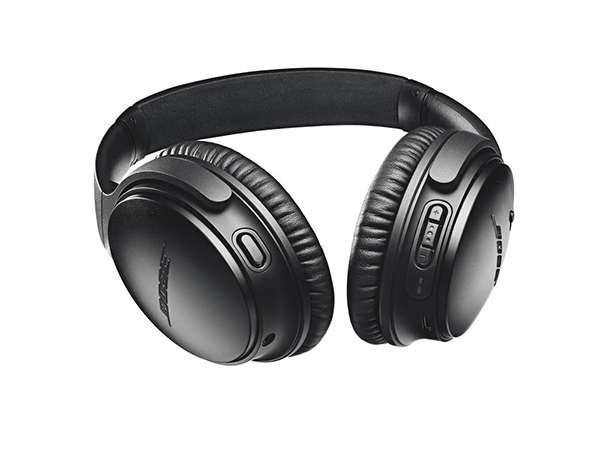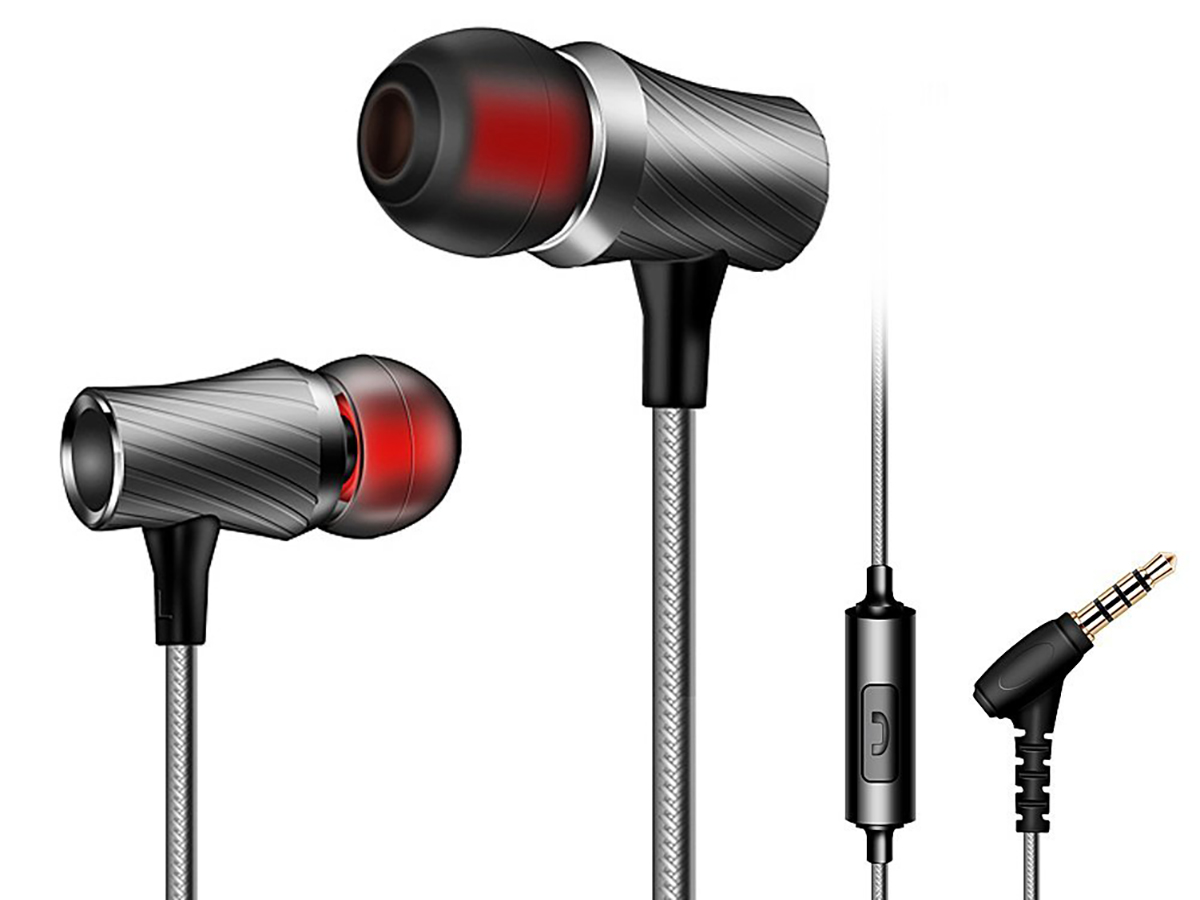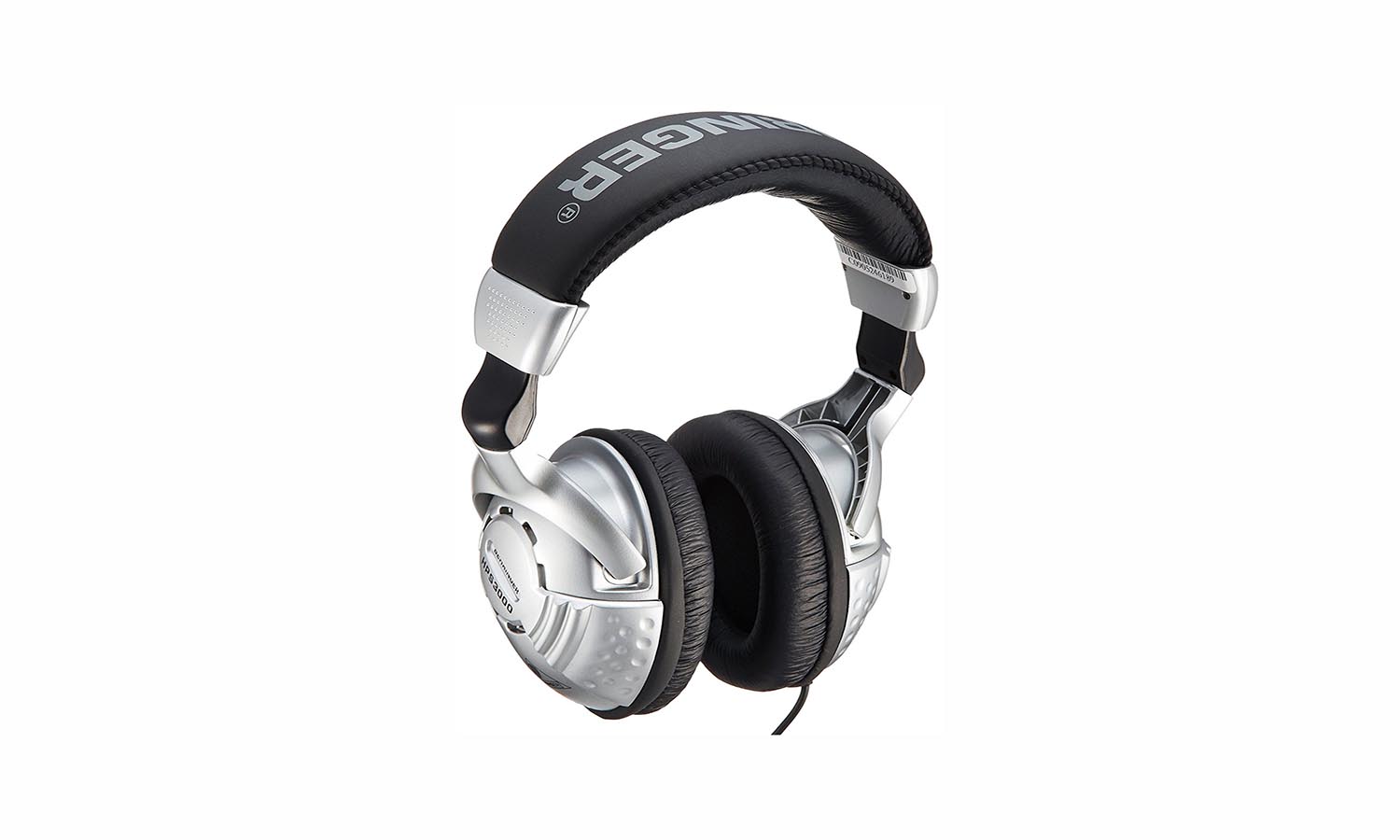Google's Pixel Buds Are (Nearly) Universal Translator
Google's $159 headphones don't just play music, but also translate between 40 languages if you have an Android phone.
Google has finally made its own headphones, and they do so much more than just play music. On stage at its San Francisco hardware event today (Oct. 4), the company showed off the $159 device, which can translate conversations between people speaking 40 different languages -- but not if you're using an iPhone.

The Pixel Buds come in black, white, and "kinda blue," and come with a charging case that Google says provides 24 hours of battery life.
However, the Pixel Buds don't do the translation all on their own. On Google's product page for Pixel Buds reads:
"Use of Pixel Buds as an audio headset requires a Bluetooth enabled companion device. For minimum OS and hardware requirements, go to g.co/pixelbuds/help. Additionally, the Google Assistant on Google Pixel Buds is only available on Android and requires an Assistant-enabled Android device and data connection. For available Google Assistant languages and minimum requirements, go to g.co/pixelbuds/help."
In short: You need an Android phone, and iPhone users aren't welcome.
Still, the Pixel Buds made for one of the coolest demos on Google's stage, and we hope the Buds work as well in real life. We look forward to getting our hands on them and trying the translation feature out on our own.

The Bose QuietComfort 35 II keeps the excellent active noise-cancelling technology and crystal-clear audio quality and adds a dedicated Google Assistant button.


- Headphones and Earbuds - Reviews and Top Picks
- 21 Top Features of Android Oreo
- 10 Reasons Android Beats the iPhone
Sign up to get the BEST of Tom's Guide direct to your inbox.
Get instant access to breaking news, the hottest reviews, great deals and helpful tips.
Andrew E. Freedman is an editor at Tom's Hardware focusing on laptops, desktops and gaming as well as keeping up with the latest news. He holds a M.S. in Journalism (Digital Media) from Columbia University. A lover of all things gaming and tech, his previous work has shown up in Kotaku, PCMag, Complex, Tom's Guide and Laptop Mag among others.
-
gaius_iulius lol, Google hardly "invented" that ... instant translation software reacting to audio input has been on the market for years, various companies offer it.Reply
Translation quality is substandard, however ... and that won't change until somebody figures out how to stop the software from translating everything literally, and how to make it understand slang words and slurred speech.
This will require a major advance in AI, and won't happen for many, many years.
If Google uses the same engine that is being employed on translate.google.com (and it probably does), translations by the Pixel Buds device will be laughably bad. -
kc8ler @gaius_iulius I wonder where the negativity comes from? I for one find the idea exciting that Google will bring a translator to market. Lets see your competitive device. I say let the people that can, do. Let the people that can't, watch; in angry self important silence.Reply -
gaius_iulius @kc8ler The negativity comes from experience with Google's translator as well as their search engine, maps etc. You may be a Google fanboy, but not everybody is happy with being spied upon, be it through software or through their hardware devices.Reply
In addition, the title of the thread is highly misleading: Nothing was newly invented, and 40 languages is hardly universal, not even (nearly) so.
The article sounds more like a sales pitch than an objective review.
And "my competitive device"? Pointing out known shortcomings doesn't automatically imply having a solution. If, for example, a graphics card is being reviewed, stating that it is unsuited for a certain game doesn't mean the reviewer has to build one which can handle the game. Silly notion.
At this time, nobody is capable of producing software which translates reliably, as I have pointed out in my first post ... and nobody will be able to do so for some years to come.
While your being "excited" about the device is cute, I suggest you wait until you can appraise its capabilities. You'll probably be disappointed.
As a matter of fact, I wished somebody could come up with a usable translation device accepting audio input ... it would save me a lot of money spent on translators and interpreters (the type that walks on legs and gets paid by the hour).
As soon as such a device exists, I'll be happy to purchase it, though neither from Google nor from Microsoft but rather from a company which won't use it to spy on me. -
pepitolema Well said Gaius-Julius funny name. I am afraid to say that everything presented by the spying on us 'giants' such as google, facebook, twitter and apple will have a hard time realising that more people do not trust them at all, let alone their proucts.Reply

